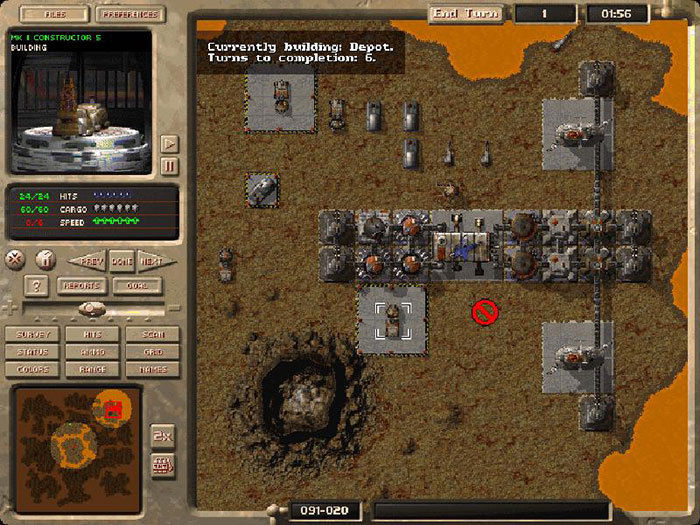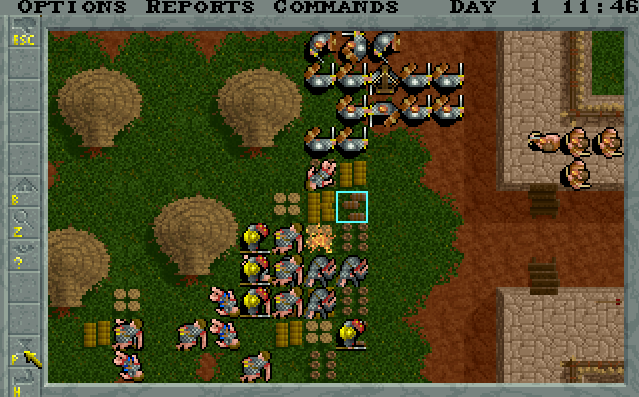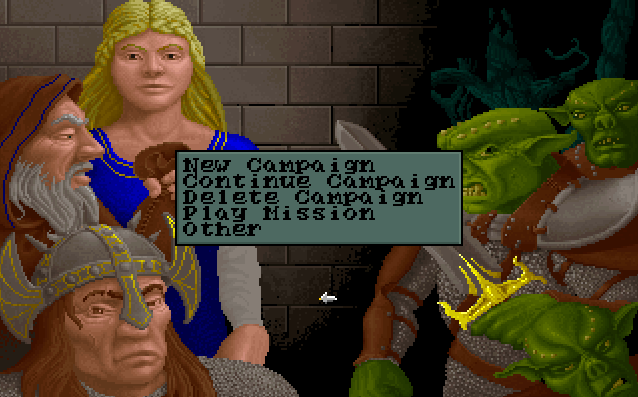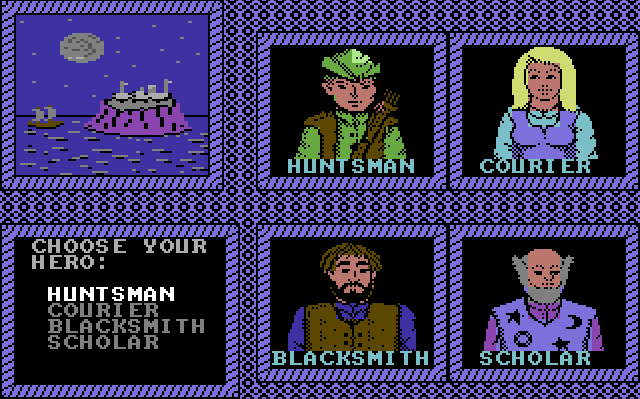For some of us, video games are little more than a distraction. For others, they represent something so much more. From game developers, to journalists, YouTubers and streamers, and professional eSports players, gaming has evolved into a real profession. It can even be an obsession.
There is life outside of video games, sometimes a dark and disturbing one. The world’s favorite form of entertainment can’t always make the day brighter. One video game programmer in the 1990’s had disturbing secrets the world of gaming had never encountered before.
That man’s name is Larry Froistad. His case has involved psychologists and sociologists citing him in books. It sparked debate about online forums and privacy on the internet. It even brought the then unknown Moderation Management, and its founder, into the spotlight. And it all came to a head with drunken rambling on the internet.
Froistad the Game Developer
The video game development scene in the late 1980’s and the early 1990’s was like the Wild West. Or at least our romanticized idea of the Wild West. Even after the infamous 1984 video game crash, developers and their games were a dime a dozen. One such developer was Mindcraft Software, which released 14 games between their founding in 1989 and their final year of operation in 1993. They’re best known for The Magic Candle series, totaling seven games, mostly for DOS computers.
There’s nothing remarkable about the company or their games today, other than as a footnote in computer gaming history. That is, except for one thing. One of their leading programmers was Larry Froistad.
It was at Mindcraft that Froistad, in his mid-20’s then, got started in the gaming industry. According to MobyGames, his first title at the studio was programming the Commodore 64 version of Keys to Maramon, a spin-off of the original The Magic Candle.
From there, his stock in the company rose, leading the design and programming on Siege and Ambush at Sorinor, two more The Magic Candle spin-offs, and working on two other games in 1992 and 1993.
Froistad’s last credit in the game industry came in 1996, though not with Mindcraft Software, as they had since been shuttered. Instead, he was credited on Interplay’s M.A.X.: Mechanized Assault & Exploration as “Based on the Original Idea by Larry Froistad.” A few years earlier, he interviewed for a job at Interplay. He didn’t get a job however, and instead left the game industry to work for Sony.
An Online Confession
According to an unnamed Interplay employee, Froistad interviewed for the job at Interplay within a month of his daughter dying in a fire in their North Dakota home.
In May 1995, Froistad’s home in Bowman, North Dakota burned down. Divorced, he was watching his 5 year old daughter alone when the fire broke out. Froistad escaped unharmed, but his daughter was killed in the fire. Authorities determined it was an accident. It was a tragedy, but it didn’t receive much press nationally.
But three years later, in March 1998, Froistad admitted to the official Moderatiom Management email list that he started the fire intentionally.
“Even though her mother gave her up to me in late May,” wrote Froistad, “something got into me while I was drunk … and I decided to burn our house down. I made quite a show of it. I killed my daughter and somehow managed to gather a whole town’s sympathy. What an actor I am.”
Moderation Management is an alcoholic support group, differing from Alcoholics Anonymous in that rather than teaching total abstinence from alcohol, they instead prefer moderation. There were 200 active members online during this confession, but only three of them reported it to the police.
From there, the story snowballed. It was found that Froistad frequented online chatrooms for pedophiles, himself having hundreds of pictures of child pornography, some of which of his own daughter. He also admitted to molesting his daughter, something she told her mother and psychiatrists a year before her death. Her mother claimed officials at the clinic, Child Protective Services, and the police did nothing about.
The Aftermath
A warrant was put out for Froistad’s arrest, and he turned himself in on March 27, 1998, confessing to the killing of his daughter. In August 1998, after a lengthy trial, including Froistad trying to retract his own admission of guilt, he received a sentence of at least 40 years behind bars. He’ll be eligible for release in 2038, at which point he’ll be 70 years old.
While largely forgotten in the gaming community, Froistad’s case lives on in textbooks, scientific papers, and other books to this day. Some, such as Addiction is a Choice study how his alcohol addiction may have hampered his decision making skills. Others, like Trends in Social Psychology, instead looks into why only three of the 200 email list participants reported Froistad’s confession to the police.
Video games can sometimes feel like a big deal. Look no further than the outcry of gamers everywhere demanding world governments examine loot boxes. But sometimes it’s best to remember stories like Froistad’s and remind ourselves that video games aren’t everything.







